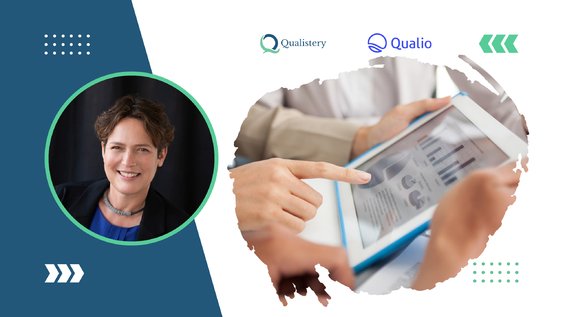
Integrity of Quality and the Quality of Data Integrity
Galit Lisaey
Course Overview
Product quality is fundamental in regulated industries such as the pharmaceutical, food, and cosmetics industries. Furthermore, the proof of quality depends on reliable data.
Not maintaining healthy data reliability (Data Integrity) can lead to a rough consensus with regulators.
Health authorities have written methodical official guidelines, such as 21 CFR Part 11, to ensure that manufacturers present them with reliable and accurate data to justify their decision-making. And since 2013, the authorities have been updating other core guidelines to focus on Data Integrity more than ever before.
Although the requirements are loud and clear, we still find that the managers in charge of deploying the principles face challenges that arise from multiple gray areas.
Therefore, Data Integrity training became mandatory for any organization committed to this subject.
In this webinar, we will explore ways to implement Data Integrity principles within the organization fundamentally and use them as internal training.
We will discuss the principles represented by ALCOA(+), which you can also apply to everyday decisions. As such, it strongly relates to the organizational quality culture and the successful deployment of quality processes.
The webinar includes a historical overview of the development of the requirements and Data Integrity principles dealing with maintaining the quality and reliability of data.
It includes a comparison of the various regulations, as well as recommendations for the successful implementation of a shared organizational culture.
By the end of the webinar, you will be able to explain and account for the rationale behind the required Data Integrity regulations.
What You'll Learn?
- - Enhanced understanding of Data Integrity principles
- Improved ability to implement Data Integrity within the organizationBetter decision-making based on reliable and accurate data
- Compliance with official guidelines such as 21 CFR Part 11
- Increased awareness of Data Integrity requirements
- Development of a shared organizational culture focused on quality and reliability of data
- Quality Professionals

